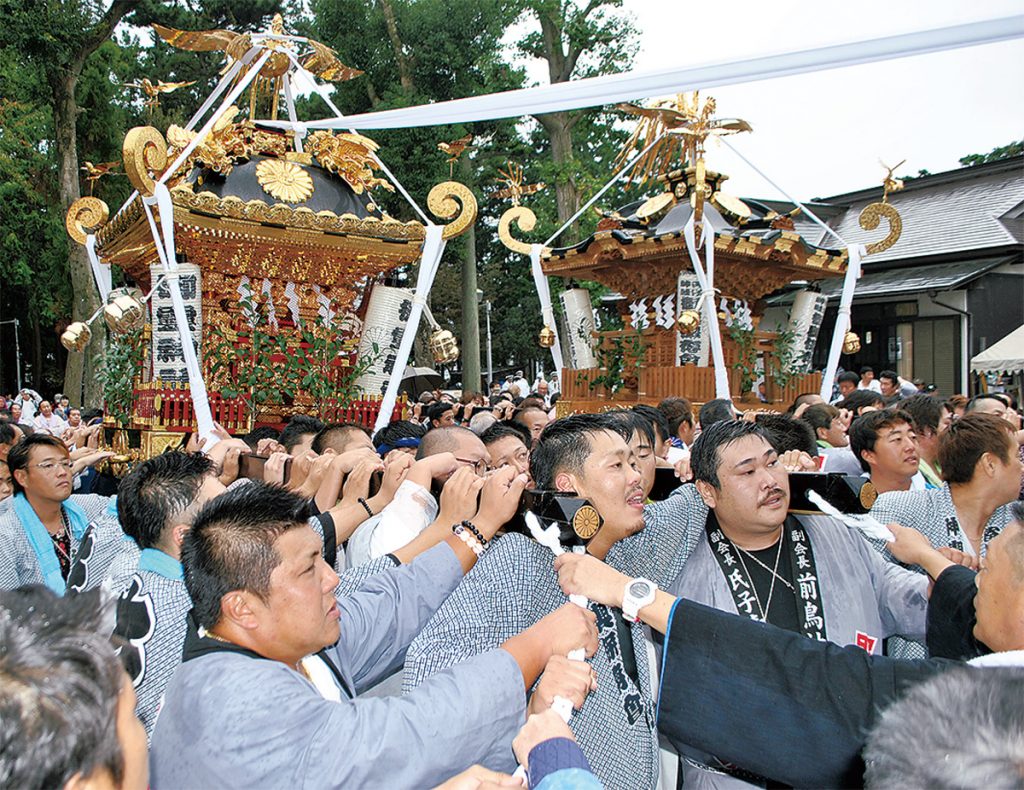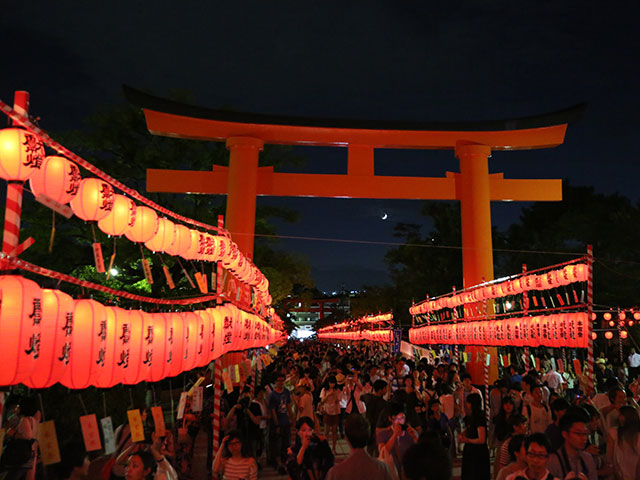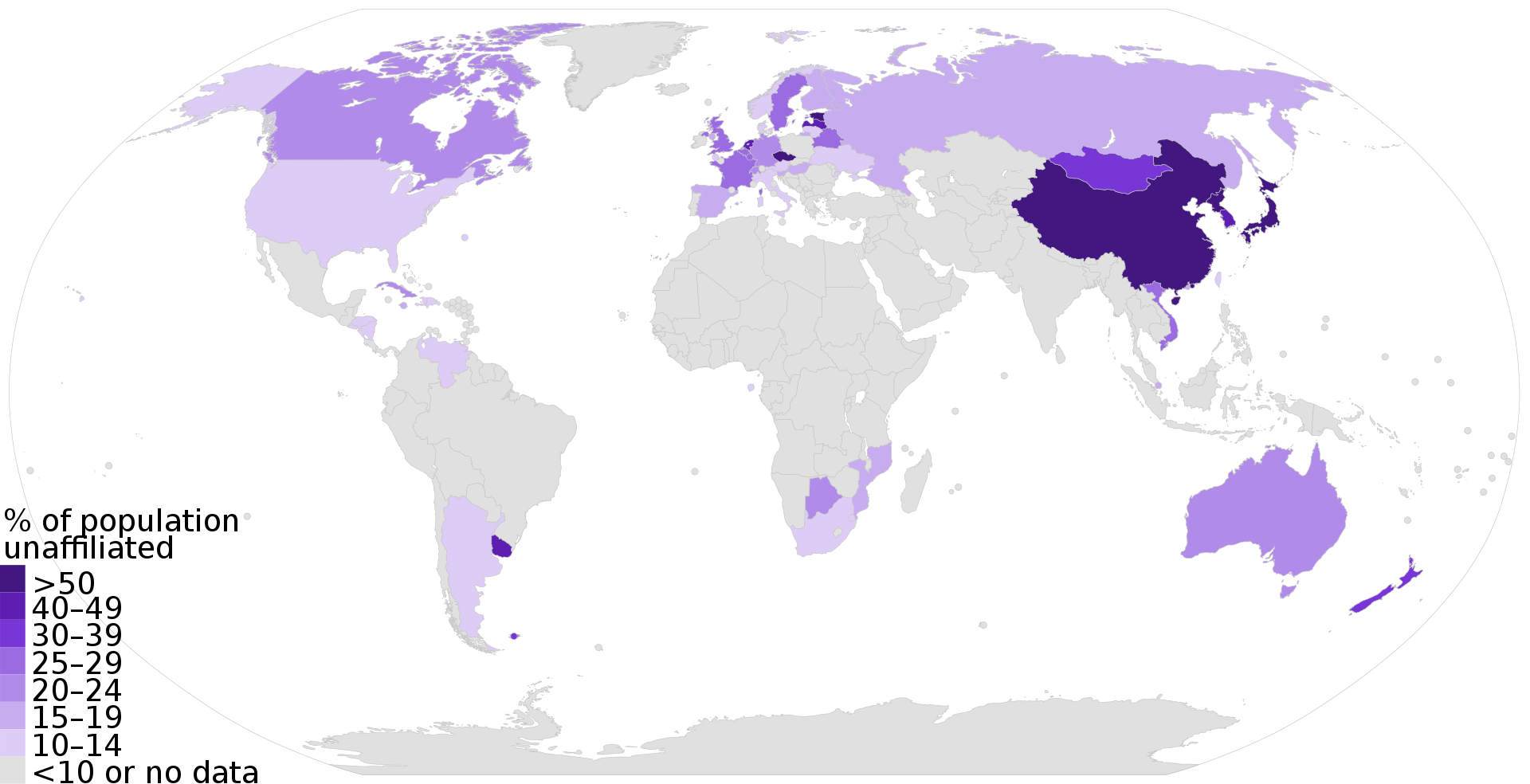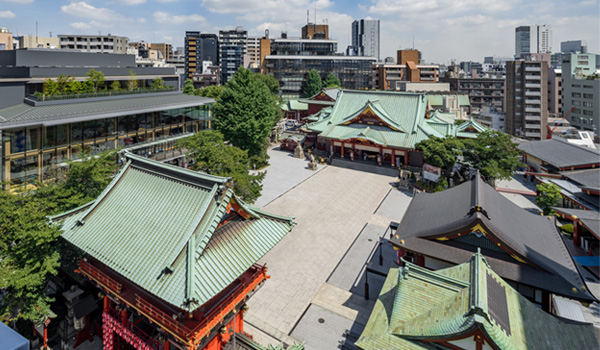When I went on an overseas trip, I was often asked by foreigner who met there, “What is your faith?”, I always answered, “I have no religion”. I remember that they looked at me strangely every time.
It is rare to have no religion in the world.
At the time, it was an incident that I did not care about at all. (My friends would answer as I would, and most Japanese would probably be the same answer.) But I later learned that it is relatively rare for people to have no religion in the world.
So, are the Japanese really non-religious? I think the answer is no, because many Japanese people worship Jinja, which is Shinto shrines, visit them on New Year’s Day, and enjoy “祭, matsuri (festival)”, which is Shinto rituals. But, if the question is, “Are the Japanese believers in Shinto?” the answer is still no. (At least that’s what my friends who act like a beliver of Shinto would think as well.)


After all, do the Japanese have faith?
Why does such a mismatch occur? And what is religion in the first place, I wondered, and I looked into religion. Then I found something interesting.
Throughout its long history, Japan had no concept of religion since there was no corresponding Japanese word, nor anything close to its meaning, but when American warships appeared off the coast of Japan in 1853 and forced the Japanese government to sign treaties demanding, among other things, freedom of religion, the country had to contend with this idea.
Wikipedia
They say that until 1853 there was no word or concept of “RELIGION” in Japan. And it is said, “RELIGION was accepted as a term to image Christianity, and had a great influence on the image of RELIGION among the Japanese.”. Thus, I suspect that if we recognize the behavior of Christians* as being that of religious believers, for example, visiting a church on a holiday, as a sign of faith, then in contrast, have come to believe that they have “little faith” and, by extension, “no faith” or “no religion” because they do not have such a custom.
(*) I realize that Christianity has many different congregations and not all Christians go to church on holidays.
The Japanese are Japanese.
In this light, it occurred to me that the behavior of the Japanese people may not have changed significantly since ancient times. And I am proud to recognize once again that the basic concepts of respect for nature and harmony with nature, which the Japanese have held since ancient times, have been handed down from generation to generation. And I believe that it has sublimated into a uniquely Japanese culture.
Therefore, I feel that whether or not the Japanese have no religion is not a major issue.




Comment List